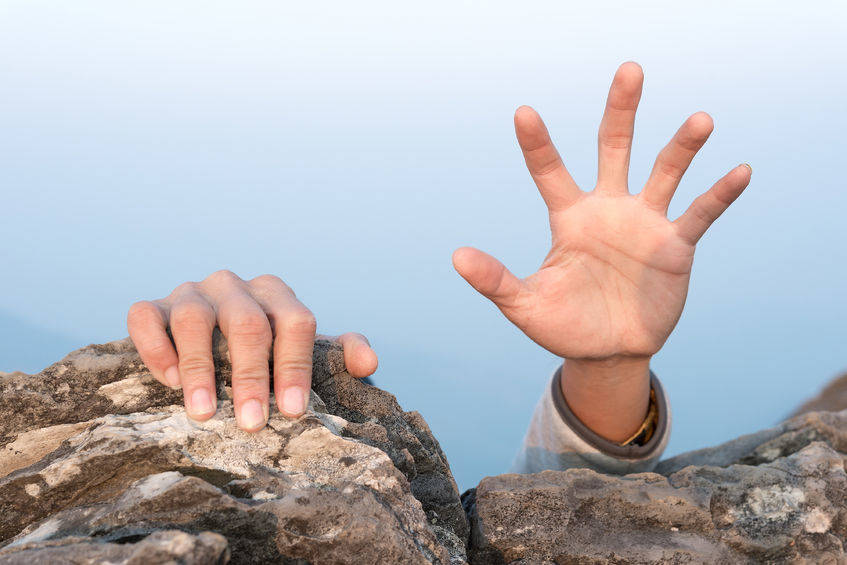Suppose you are kidnapped, robbed of all your money, credit cards and personal identification. Then, you are heavily sedated and lack the cognitive capacity to remember your family, friends or even the purpose of those missing items. You find yourself on a street corner in almost any town or city in the country — no friends, no family, no money, confused, angry, scared. Someone offers you a pull on a bottle and you begin a long process of self-medication to obliterate the pain and confusion. Welcome to the street.
You will stumble through this house of mirrors for about nine years. If you don’t die in an alley or a dumpster, you may be lucky enough to encounter someone like one of our “Navigators.” They will cajole and pressure and plead with you until you actually try to take a step away from this life.
Then, the work begins. Not just for you, but for all who are committed to systemic societal change. Taking that first step after being homeless, addicted and on the street is not just hard work — it is like running a marathon on an empty stomach, barefoot, in the snow.
First, the matter of photo I.D. You can’t get into permanent supportive housing without a social security card. You can’t get a social security card without getting into the Federal Building. You can’t get into the building without photo I.D.
Okay, so let’s go down to DMV and get you a photo I.D. card. You can’t get a photo I.D. card without a copy of your birth certificate. Okay, so let’s go down to Alaska Vital Records and apply for a copy of your birth certificate. If you were born in a different state, that will be $30 with a turnaround time of a few days to weeks, depending.
Now we take the copy of the birth certificate to DMV and apply for photo I.D. That will be $15.
With I.D. in hand, we can get you into the federal building and Social Security office. At the Social Security office you wait. Then, if lucky, after just this one visit, you eventually receive a new card.
Now with the social security card, we can run a criminal background check. If you haven’t been convicted of manufacturing methamphetamine and you are not currently on the sex offender registration list, you have a shot at one of a few placements in Juneau supportive housing.
However, you must pay either a flat $50 per month or 30 percent of your monthly income (if you have any) toward your rent. So, you need at least some small monthly income.
You can apply for Adult Public Assistance from the State of Alaska. In most cases, you will be eligible for about roughly $270 per month once you present your physician’s psychiatric evaluation and show proof of applying for a federal Social Security Disability Income (SSDI).
Then, you can begin the lengthy process of applying for a permanent SSDI. It is almost inevitable that your application will at first be denied. Alaska has the highest rate of denials in the nation. Your Navigator will help you appeal.
Once you have secured a regular minimum income, you can sign a lease that commits you to pay your share of the rent. That is, if you can come up with the Tenant Security Deposit, equal to one month’s rent: $795. Your Navigator will work with a nonprofit that provides move-in assistance. Another housing nonprofit will reduce or stretch out the required deposit over time.
You will come to a point where you will want to give up. Ultimately it is your decision; that at least cannot be taken away from you. If you take that first step of the marathon, the Navigator will be there when you need them. Nothing is guaranteed, but they will almost always find a way. As my friend Jose used to say, “God never presents a problem without a solution.”
Navigators and People Centered Services are provided by St. Vincent de Paul, The Glory Hole and AWARE through a generous grant from the Juneau Community Foundation.
• Dan Austin is a member of the St. Vincent de Paul Society in Juneau.

